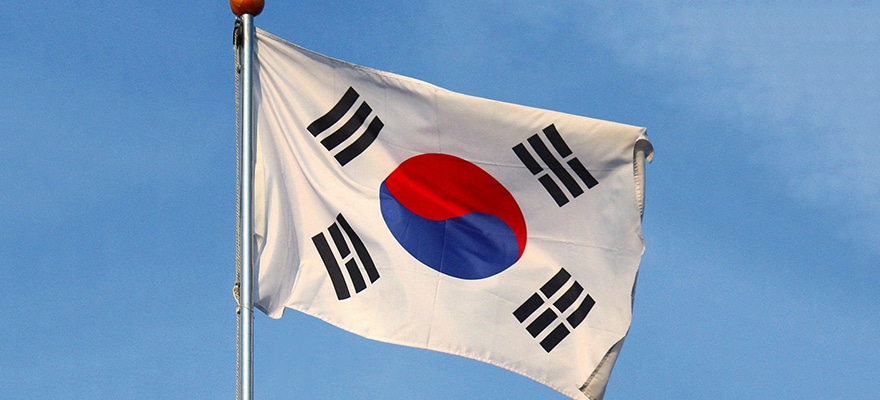Bitcoin is on a crazy ride this week. In the last 24 hours alone, the coin gained more than $2000 and reached $15,200 at the time of writing. However, in South Korea, the situation has grown even more tumultuous. In Bithumb, the largest exchange of the peninsula, Bitcoin is trading beyond $17,800. This means that Koreans are buying the coin with a premium price of $2,600.
Though the small county accounts for only 7 percent of the global bitcoin trading, the recent high demand for the digital currency has skyrocketed the price. According to Tony Lyu, Founder and CEO of Korbit, the South Korean Bitcoin market is currently following a trend very similar to the Japanese market. The demand for BItcoin grew as the South Korean investors rushed to the token after observing its growth potential.
Mr. Lyu noted: “Word just spreads really fast in Korea. Once people are invested, they want everyone else to join the party. There’s been this huge, almost a community movement around this.”
However, this exponential growth of Bitcoin in the South Korean market has also attracted the attention of the financial regulators and even the Prime Minister of the country.
As reported by The Korean Herald’s wing The Investor, South Korean regulators are considering to tightening the regulations of Bitcoin and all other Cryptocurrencies . Conversely on the positive side, these regulations might tone down the ICO ban in the country. The regulators' primary concern is the use of the cryptocurrencies as a money laundering instrument and also in dodging taxes.
South Korean Financial Services Commission’s vice chairman, Kim Yong-beom, said: “We are closely watching the recent developments in cryptocurrency trade. If needed, we will enforce more stringent measures.”
“The government doesn’t consider cryptocurrencies as money or financial products. We will regulate bitcoins to curtail money laundering and tax dodging,” he added. To set the regulatory rules, the South Korean government also set up a task force earlier this week, and this time the Ministry of Justice is leading the team, not the regulators.
The government is also considering to lift the blanket ban on the ICOs and might allow it for the professional investors. Addressing the issue of the controversial ICOs, Mr. Kim stated: “Bitcoin is complicated in its technology and investment method. So considering its risk and technology expertise, it is right for professional investors to do an ICO, not regular citizens who are not informed of its technology and complicity.”
Lee Chun-pyo, a professor of economics at Seoul National University, said: “Entirely halting ICO is not the best solution, without knowing what companies may achieve through the funds raised...It could be used for technology innovation and for further investments.”

















